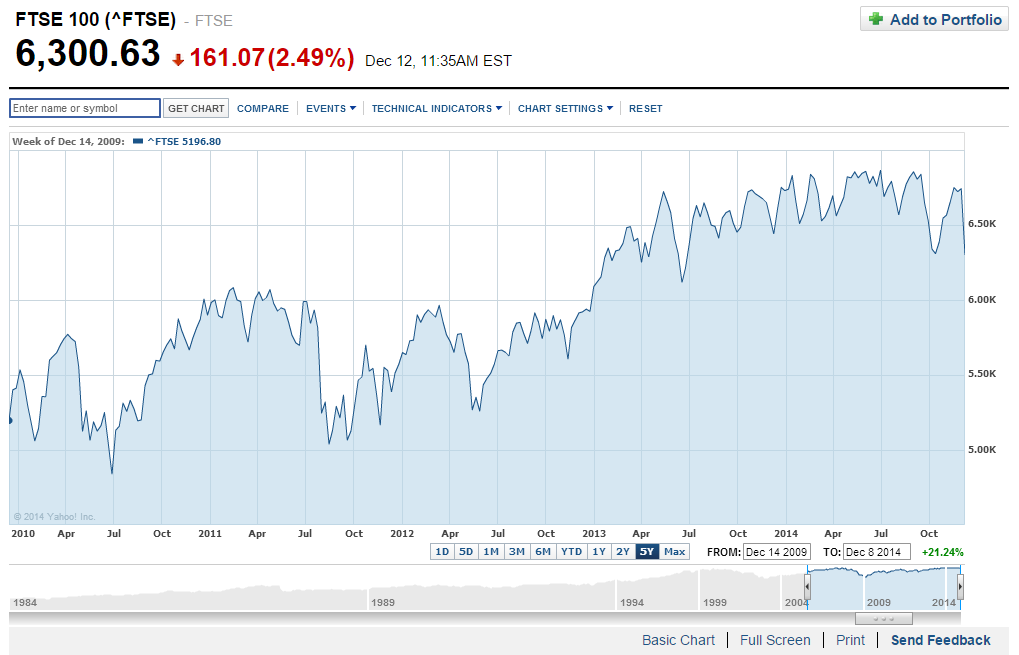You are in your mid 30's and have 250,000 to put aside for investments- that is a fantastic position to be in.
First, let's evaluate all the options you listed.
Option 1
I could buy two studio apartments in the center of a European capital city and rent out one apartment on short-term rental and live in the other. Occasionally I could Airbnb the apartment I live in to allow me to travel more (one of my life goals).
To say "European capital city" is such a massive generalization, I would disregard this point based on that alone. Athens is a European capital city and so is Berlin but they have very different economies at this point.
Let's put that aside for now. You have to beware of the following costs when using property as an investment (this list is non-exhaustive):
- Time cost looking for occupants (repeated if you are looking to rent out short term)
- Property maintenance costs
- Property taxes
- Time and frustration potentially going after occupants defaulting on payment
The positive: you have someone paying the mortgage or allowing you to recoup what you paid for the apartment.
But can you guarantee an ROI of 10-15% ? Far from it. If investing in real estate yielded guaranteed results, everyone would do it. This is where we go back to my initial point about "European capital city" being a massive generalization.
Option 2
Take a loan at very low interest rate (probably 2-2.5% fixed for 15 years) and buy something a little nicer and bigger. This would be incase I decide to have a family in say, 5 years time. I would need to service the loan at up to EUR 800 / USD 1100 per month.
If your life plan is taking you down the path of having a family and needed the larger space for your family, then you need the space to live in and you shouldn't be looking at it as an investment that will give you at least 10% returns.
Buying property you intend to live in is as much a life choice as it is an investment. You will treat the property much different from the way something you rent out gets treated. It means you'll be in a better position when you decide to sell but don't go in to this because you think a return is guaranteed. Do it if you think it is what you need to achieve your life goals.
Option 3
Buy bonds and shares. But I haven't the faintest idea about how to do that and/or manage a portfolio. If I was to go down that route how do I proceed with some confidence I won't lose all the money?
Let's say you are 35 years old. The general rule is that 100 minus your age is what you should put in to equities and the rest in something more conservative.
Consider this:
- 100 minus 35 = 65% equities (or something equally aggressive)
- Leftover 35% on bonds (or something else conservative)
This strategy is long term and the finer details are beyond the scope of an answer like this. You have quite some money to invest so you would get preferential treatment at many financial institutions.
I want to address your point of having a goal of 10-15% return. Since you mentioned Europe, take a look at this chart for FTSE 100 (one of the more prominent indexes in Europe).

- 5 years ago (Dec. 14, 2009): 5196.80
- Today (Dec. 14, 2014): 6300.63
You can do the math- the return is no where close to your goals. My objective in mentioning this: your goals might warrant going to much riskier markets (emerging markets). Again, it is beyond the scope of this answer.


10-15%That seems a bit high, but certainly achievable. Neither option alone in its entirety is a better/smart one. Probably a mixture of all or 2. Your question is quite open ended. If you put in more details, you might get a better answer.